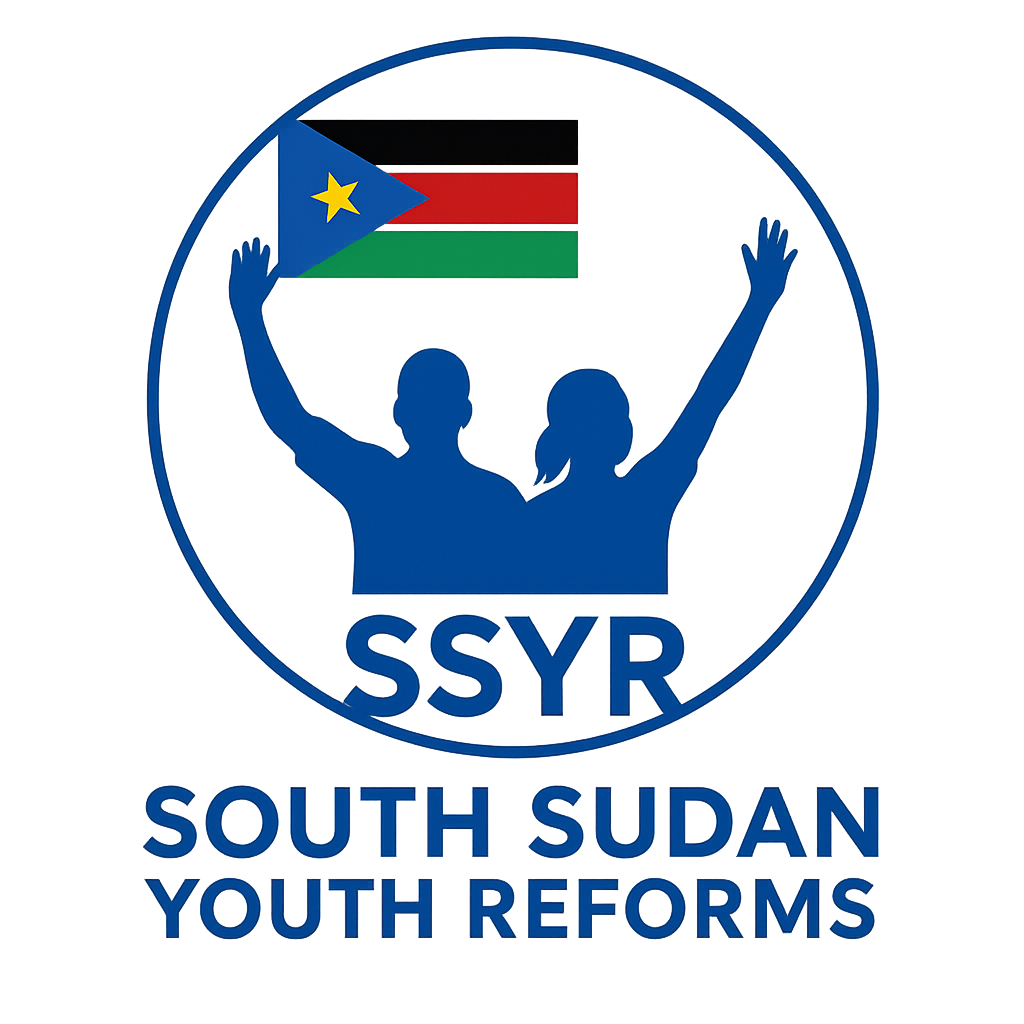
South Sudan Youth Reforms (SSYR)
Why Dialogue Fails: Trust, Violence & Upper Nile
Malakal, Upper Nile, 1 September 2025

1) Why SPLM‑IO rejected the ‘dialogue’ call
- Detentions & pressure: Calls for talks while opposition leaders face detention/constraints signal bad faith.
- Ongoing military operations: Dialogue is undermined by active offensives and civilian harm.
- Institutional trust collapse: Exclusion of key actors guts the power‑sharing framework.
2) Why public trust is broken
- Repression over reconciliation: Arrests, intimidation and air attacks contradict the language of peace.
- Ethnicized violence: Communities recall abuses since 1991 and especially December 2013 in Juba.
- Reliance on external force: Allegations of foreign military involvement erode legitimacy and sovereignty.
3) Why the regime keeps stalling
- Security-first politics: Control through force is favored over compromise and reform.
- Pressure strategy in Upper Nile: Cycles of violence and displacement weaken opposition areas and civilians.
4) Upper Nile today: civilians pay the price
Reports of air attacks and displacement in Nasir, Ulang, and Malakal point to civilians bearing the brunt of renewed fighting. Allegations regarding any foreign helicopter or gunship involvement must be independently investigated. SSYR rejects collective punishment and demands protection of civilians and humanitarian access.
SSYR stance: Dialogue without safety, inclusion, and accountability is theatre. South Sudan needs credible ceasefire guarantees, release of detainees, independent monitoring, and justice for victims.
SSYR – Immediate Calls
- Ceasefire + Monitoring: Verified halt to air/ground attacks; AU/IGAD/UN monitoring.
- Release detainees: Enable genuine, inclusive talks.
- Protect Upper Nile civilians: Stop displacement; ensure humanitarian corridors.
- No foreign gunships: End external military involvement; respect sovereignty.
- Transitional justice: Investigate past and current atrocities on all sides.
Sources
- Associated Press – South Sudan’s main opposition party rejects president’s call for dialogue.
- UN/OHCHR & independent reporting on repression and conflict trends.
- Humanitarian updates on Upper Nile displacement and protection concerns.